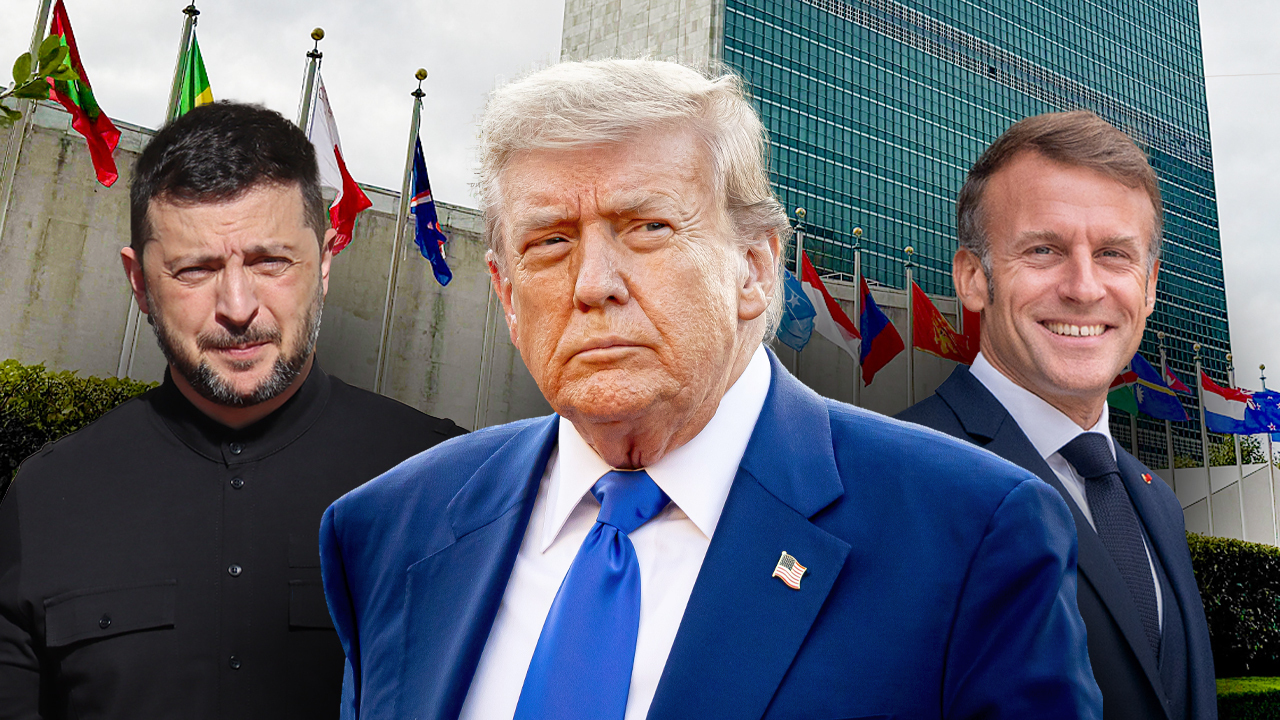Each September, the United Nations General Assembly (UNGA) brings world leaders to New York City — friends and foes alike. That often raises a question: why does the United States allow adversarial leaders, from Iran to Venezuela, to speak on American soil?
The answer lies in the UN’s founding agreements. As host country, the U.S. is bound by the 1947 Headquarters Agreement, which obligates Washington to allow transit and access for diplomats and member-state representatives to UN facilities, regardless of political disputes. Even during the Cold War, when tensions with Moscow ran high, Soviet leaders spoke at the Assembly.
Russia is still a permanent member of the UN Security Council.
By honoring these commitments, the U.S. reinforces its role as steward of the UN system, projecting consistency and respect for international law. Denying entry to foes outright would risk undermining both America’s credibility and the legitimacy of the institution itself.
That said, the arrangement isn’t without limits or conflict. The U.S. sometimes imposes restrictions on certain delegations’ movements or issues visas selectively, citing national security or foreign policy grounds.
In a historic move this year, Secretary of State Marco Rubio revoked and denied visas for some officials of the Palestine Liberation Organization (PLO) and Palestinian Authority (PA) — including President Mahmoud Abbas — ahead of the 2025 UNGA. Washington cited U.S. laws against so-called “pay for slay” payments to terrorists and obligations under its peace-commitment legislation. Critics argue this is the first time an entire foreign delegation has been blocked.

